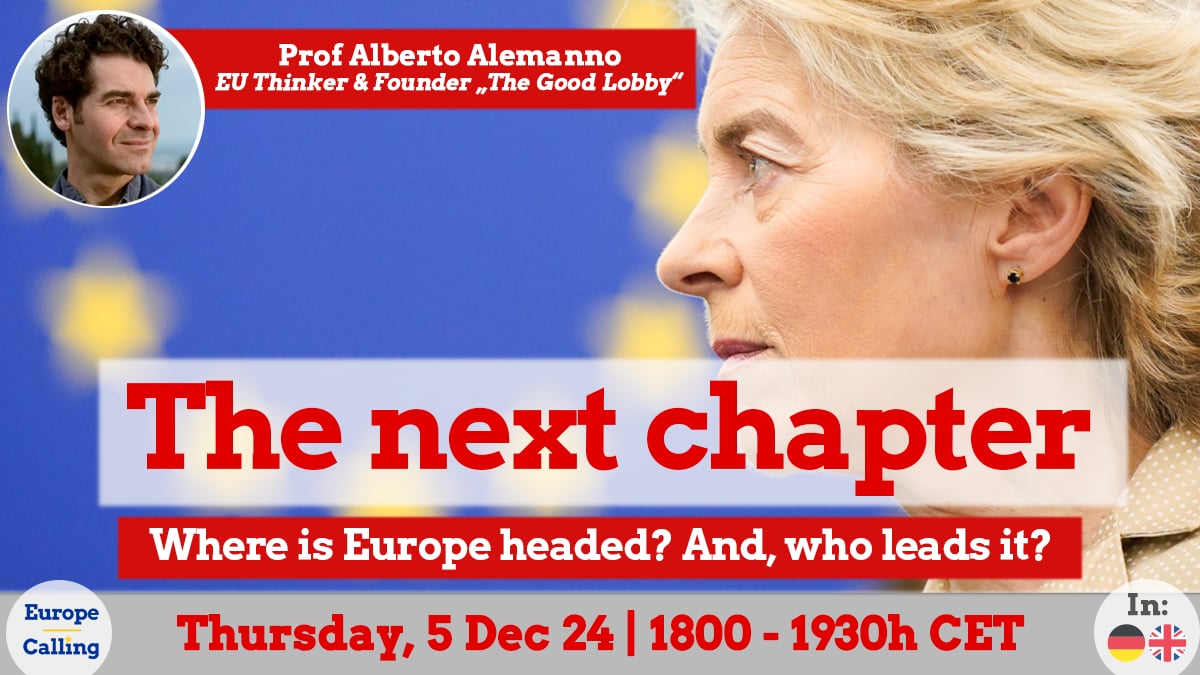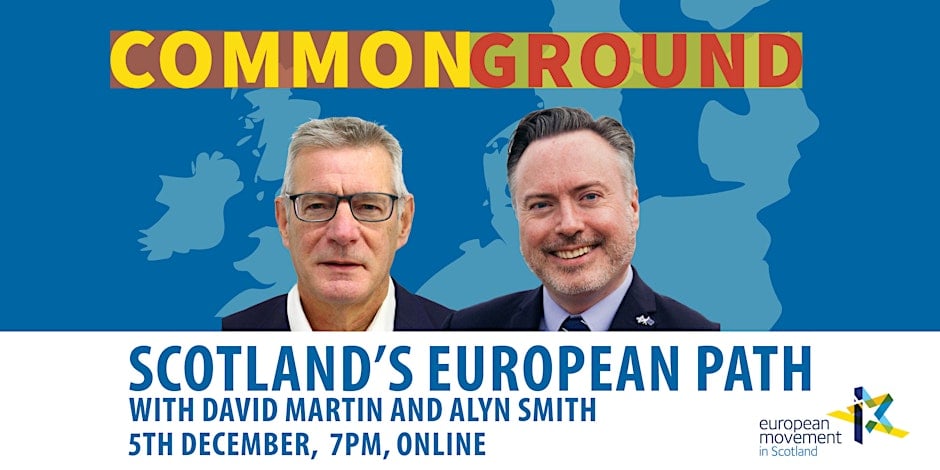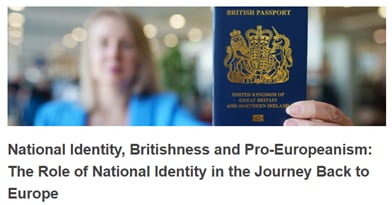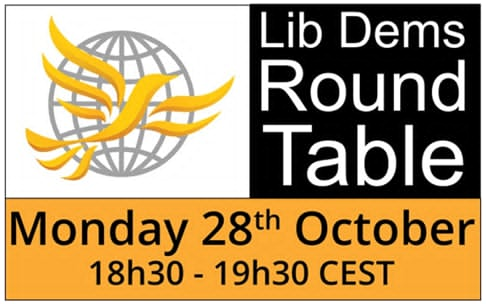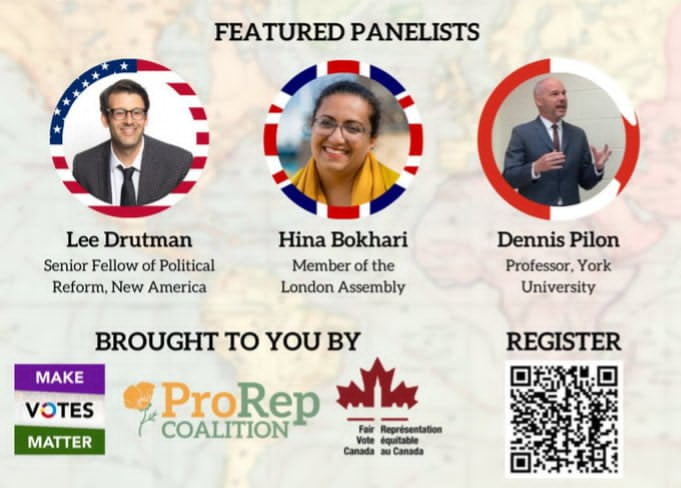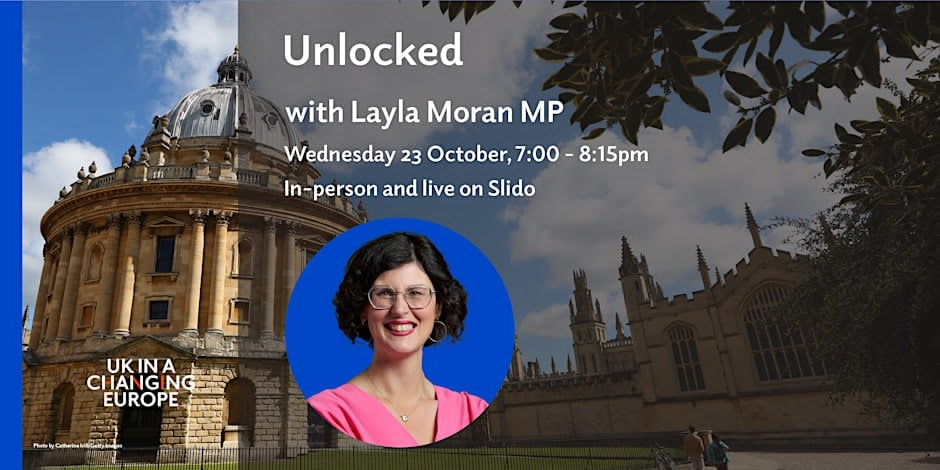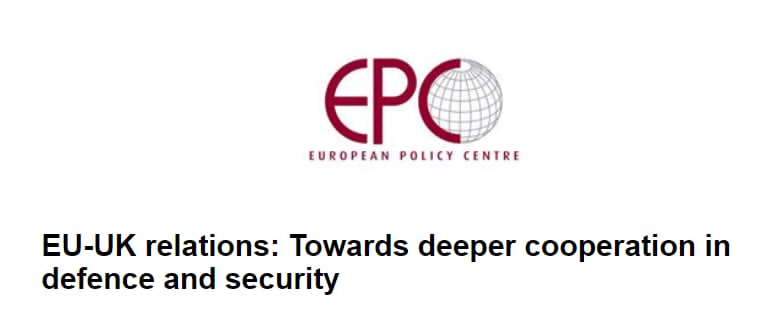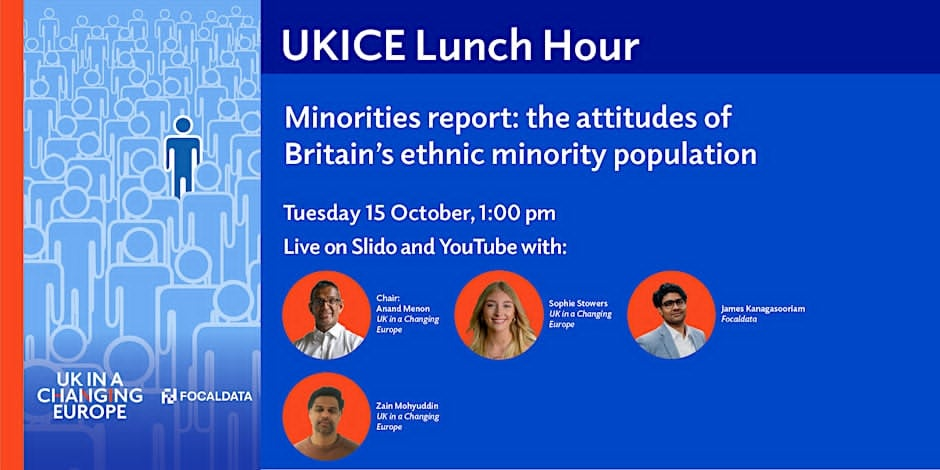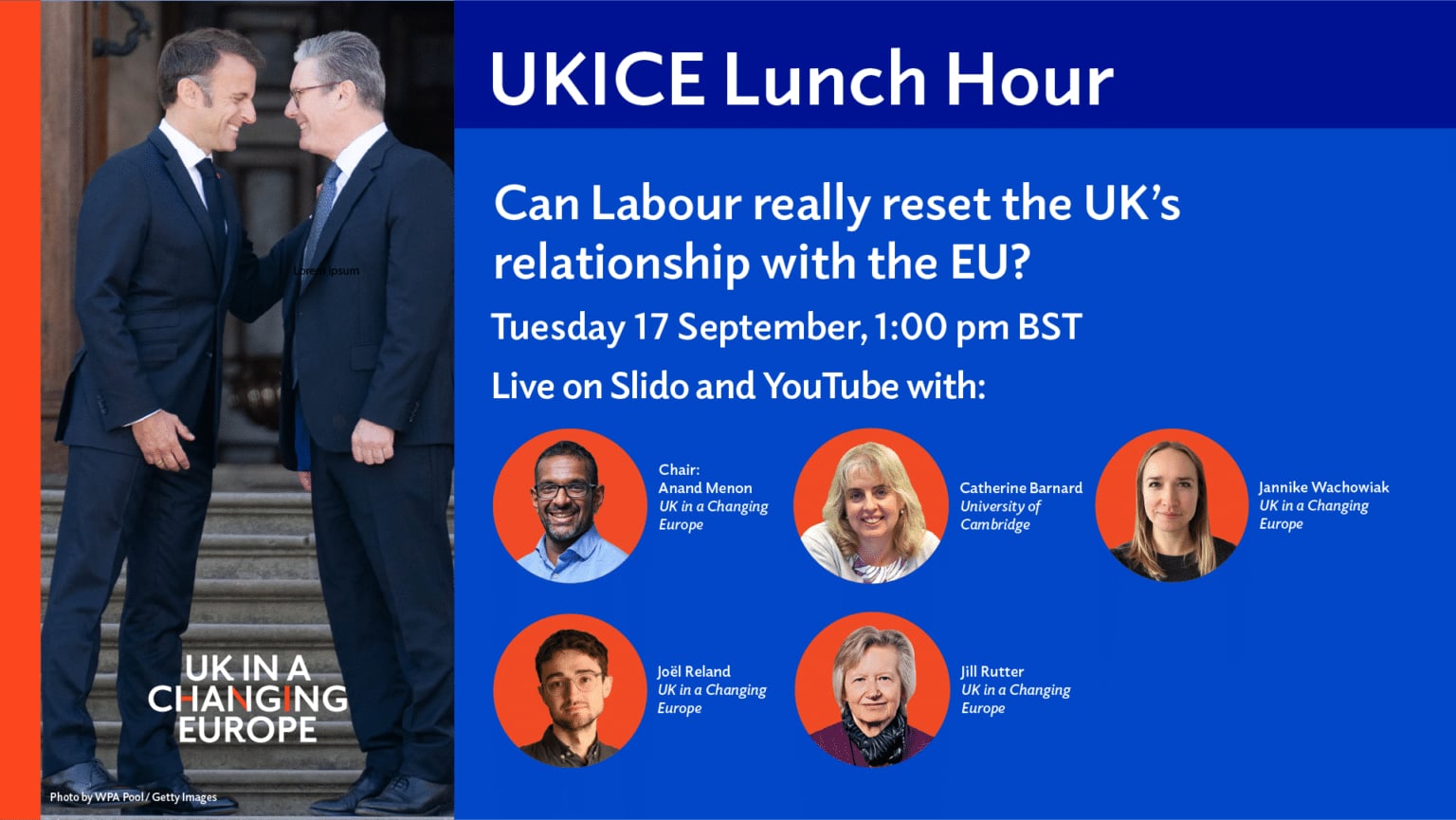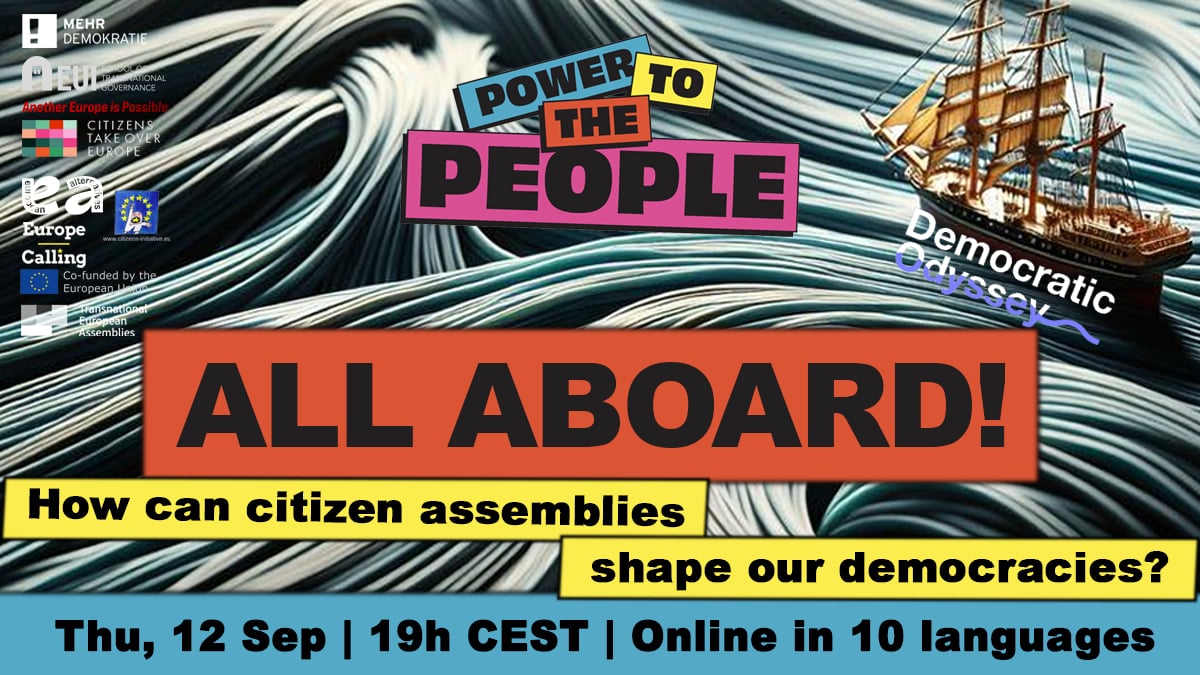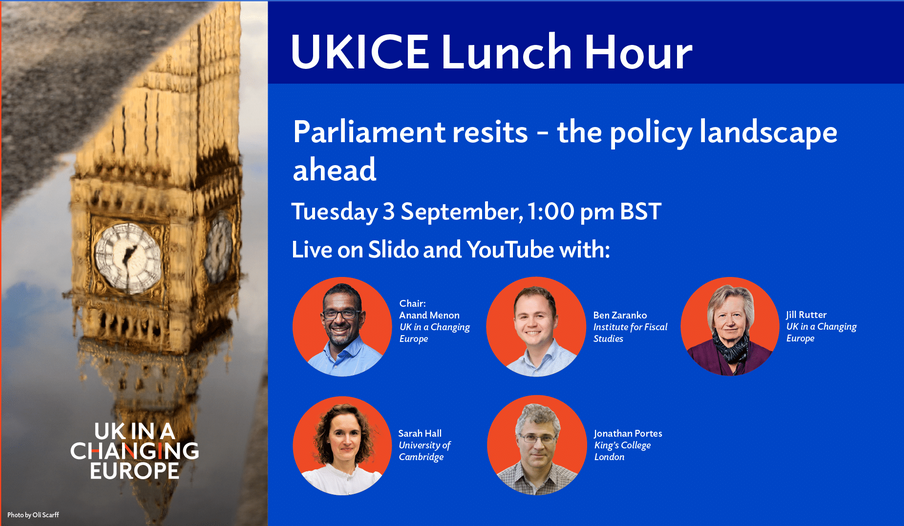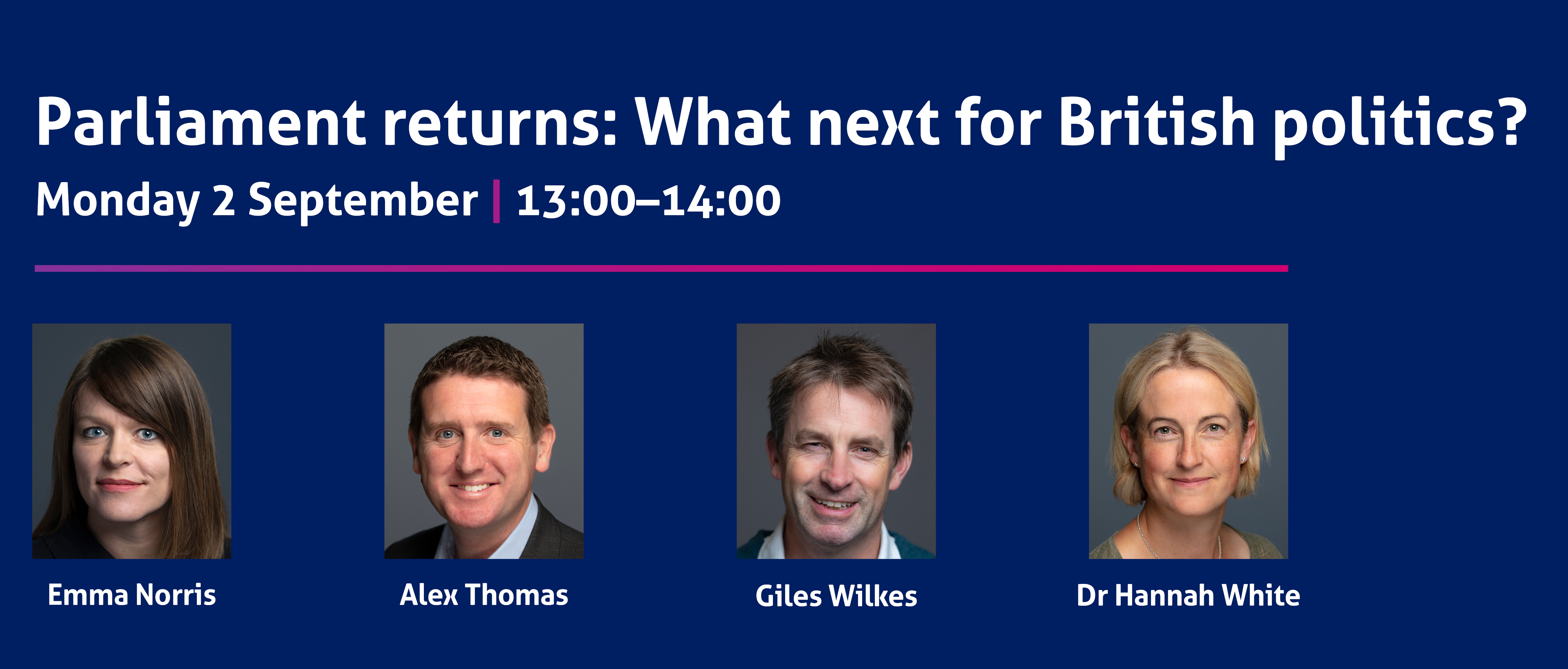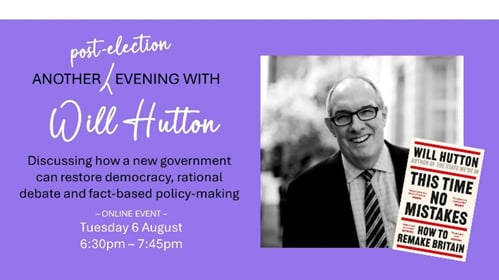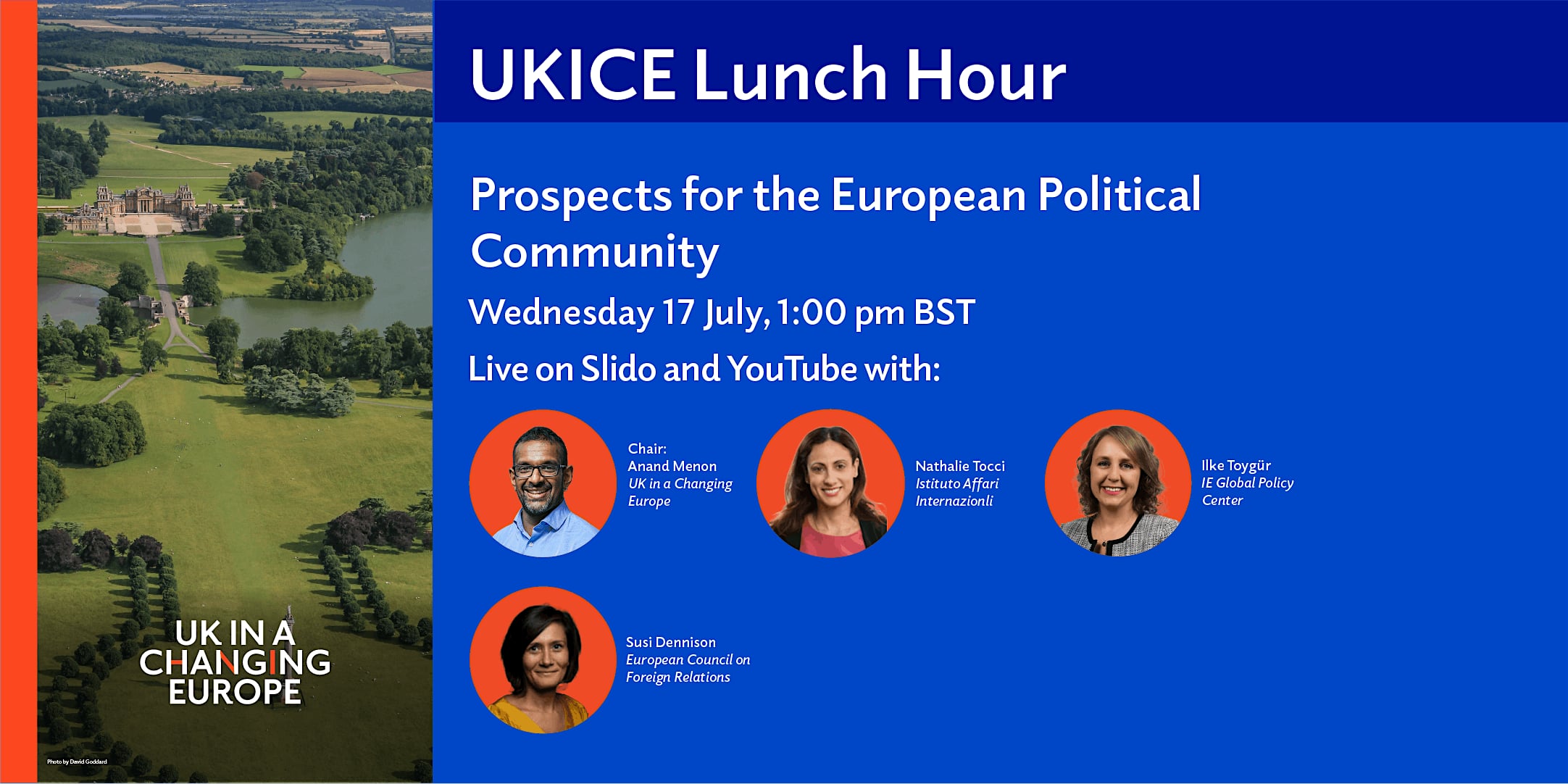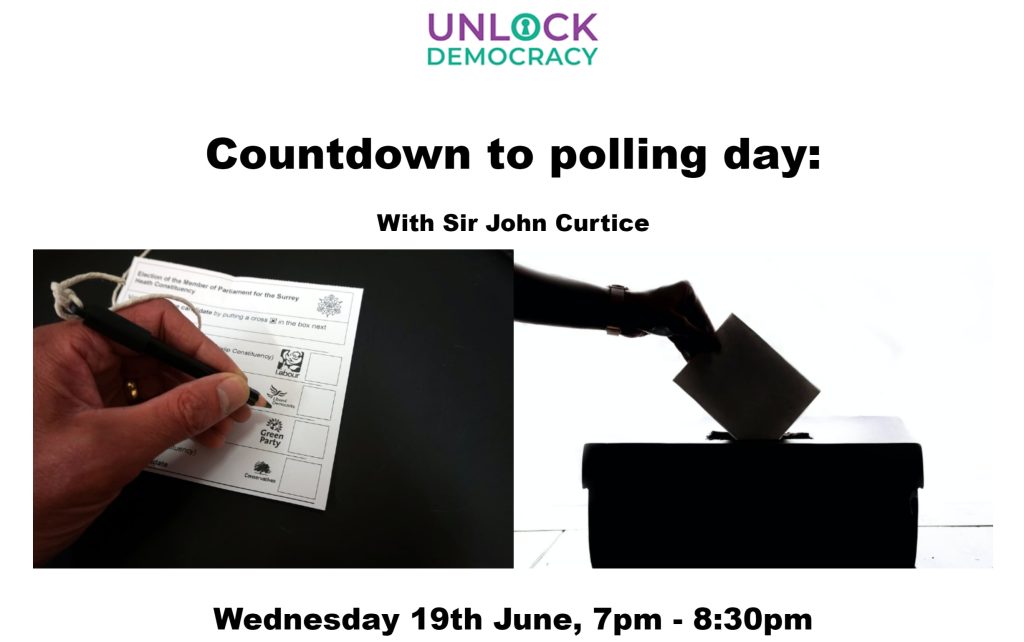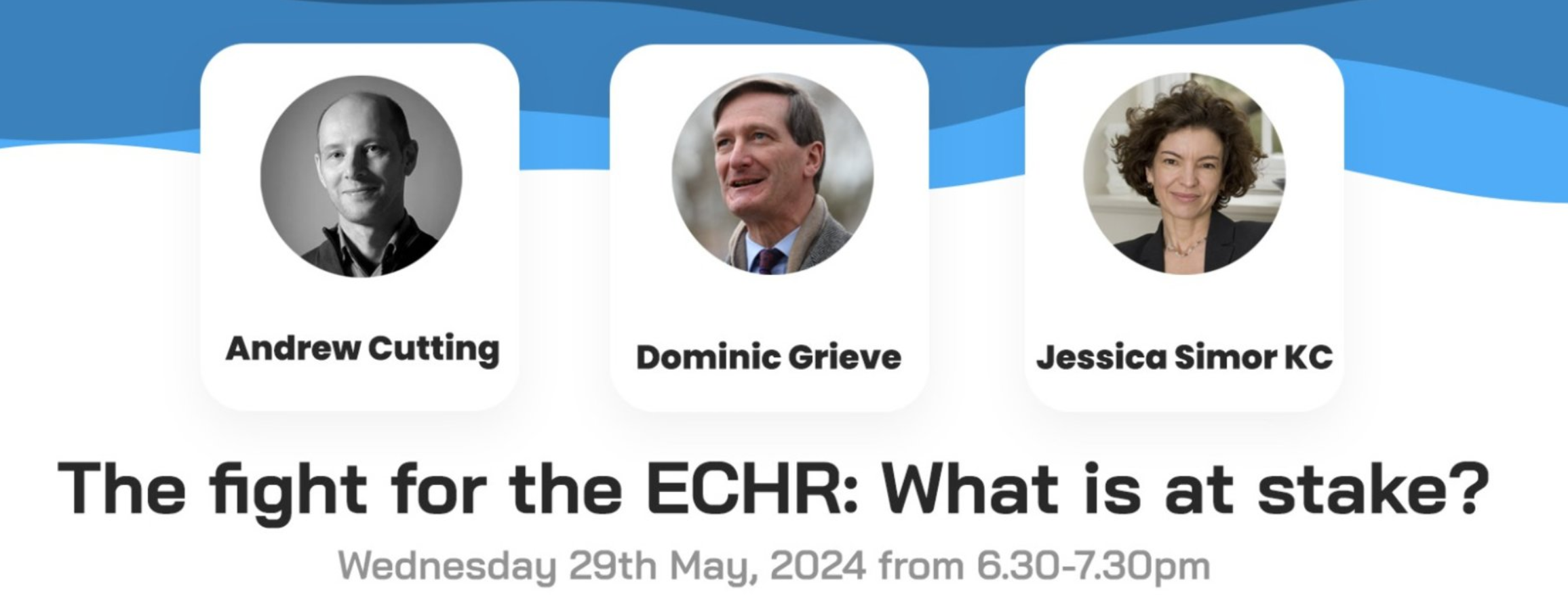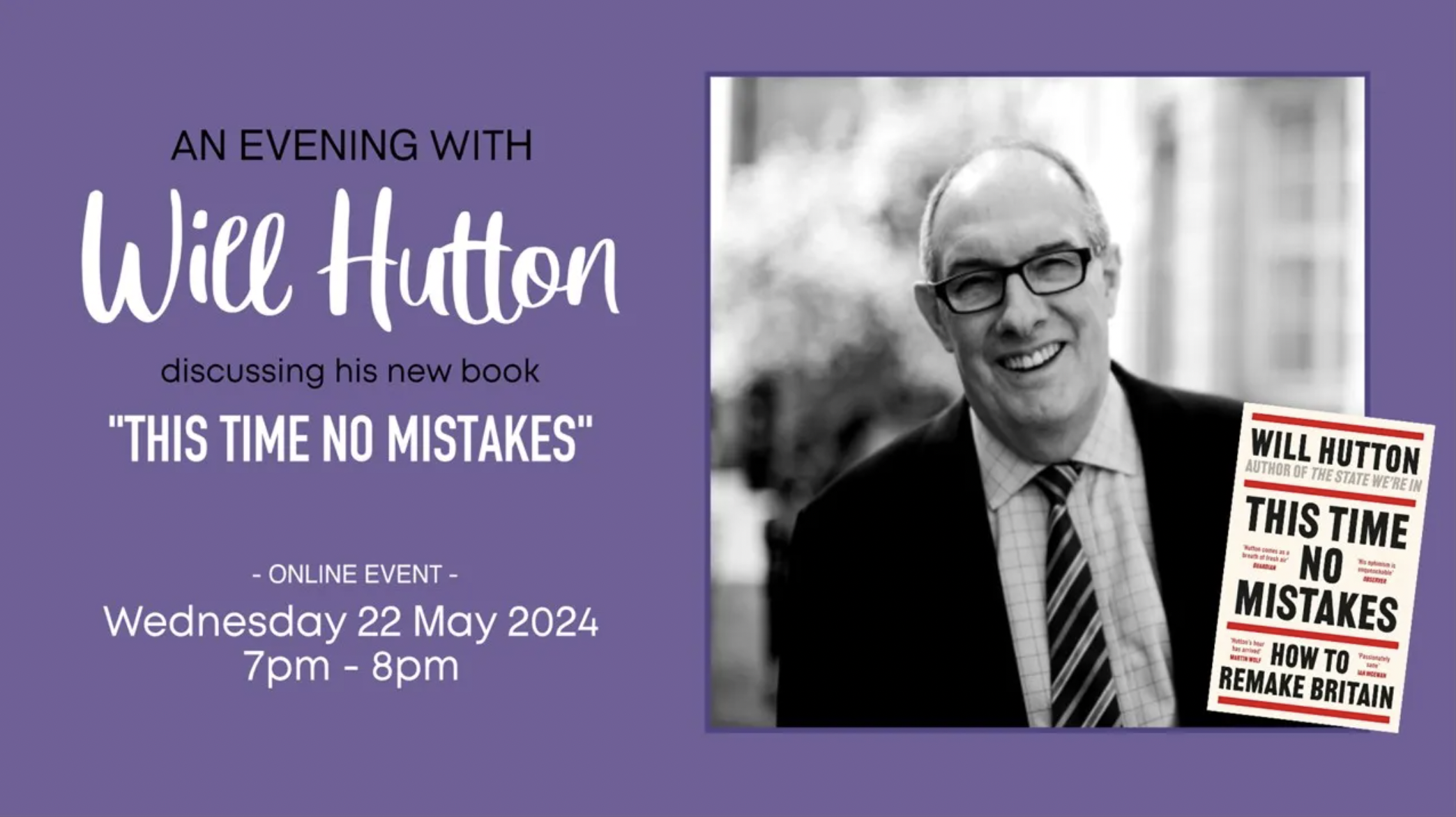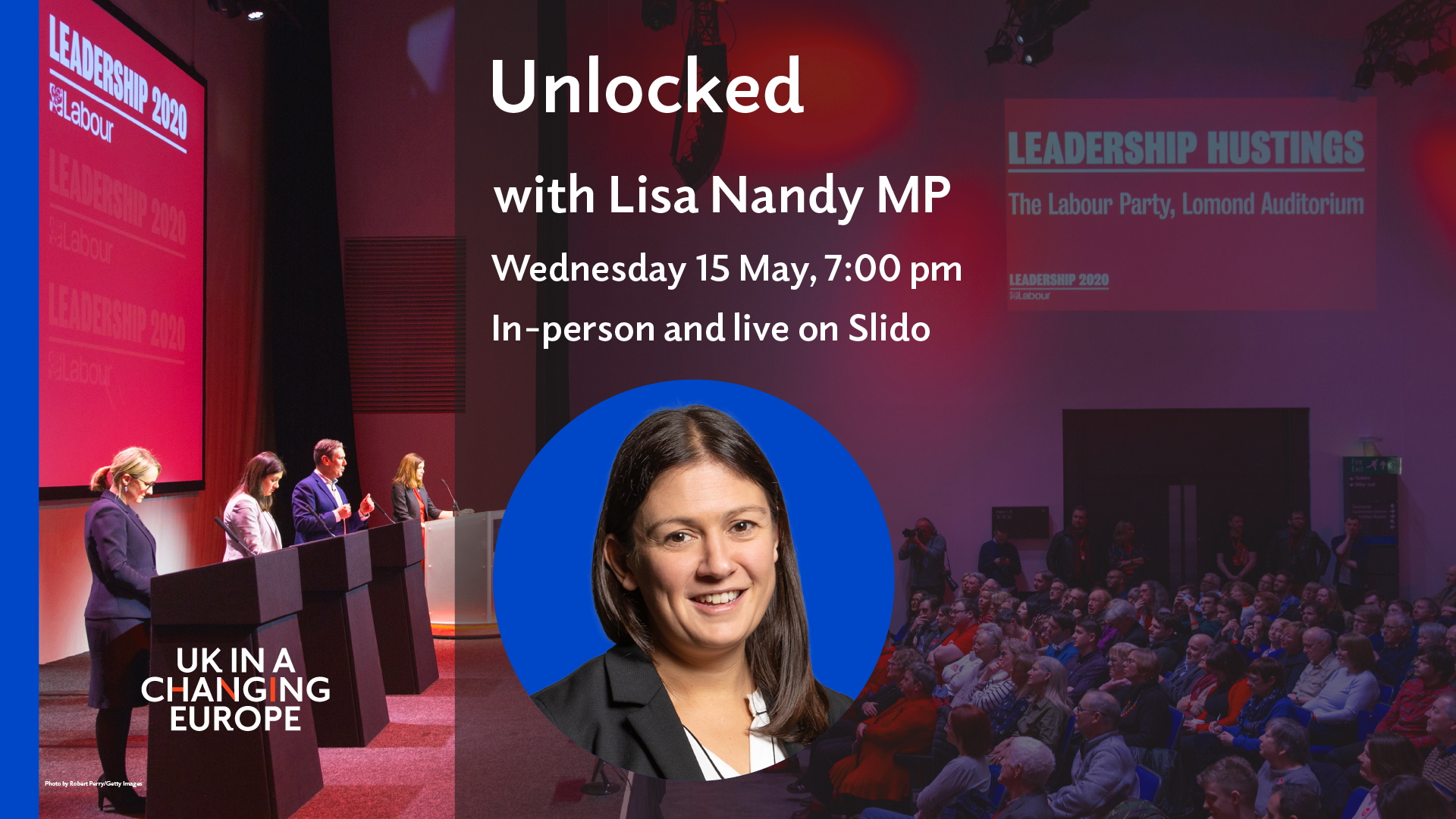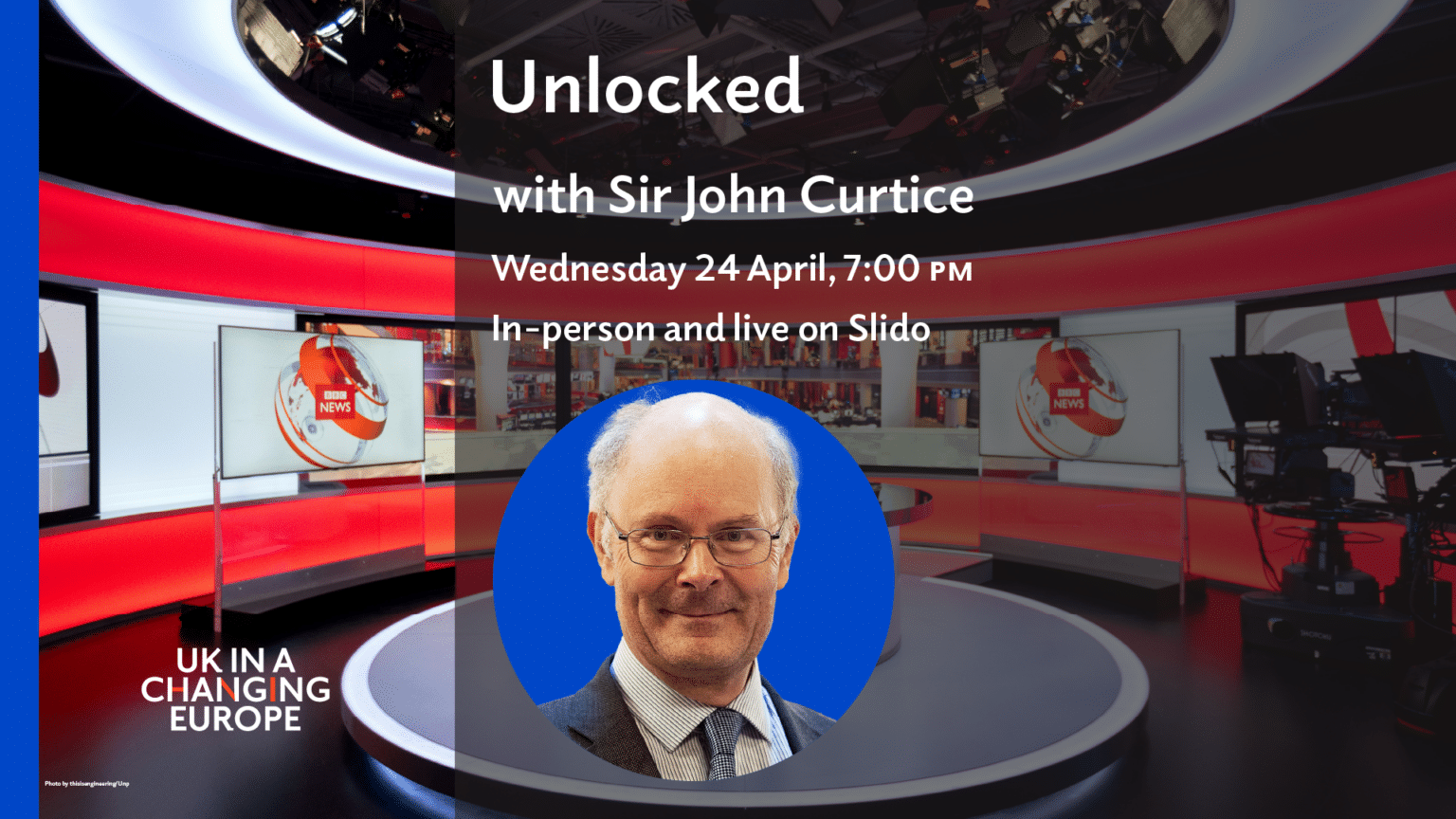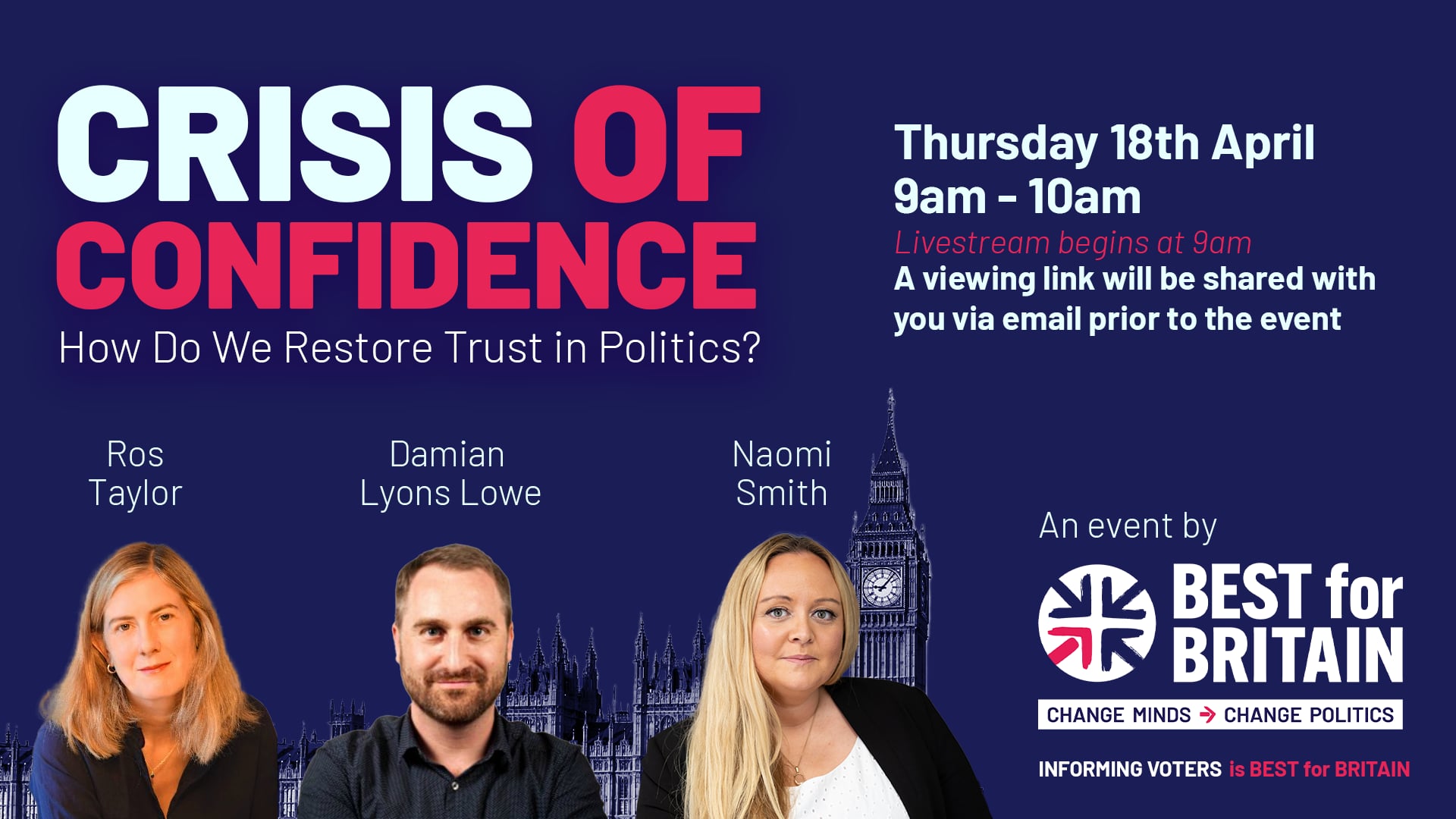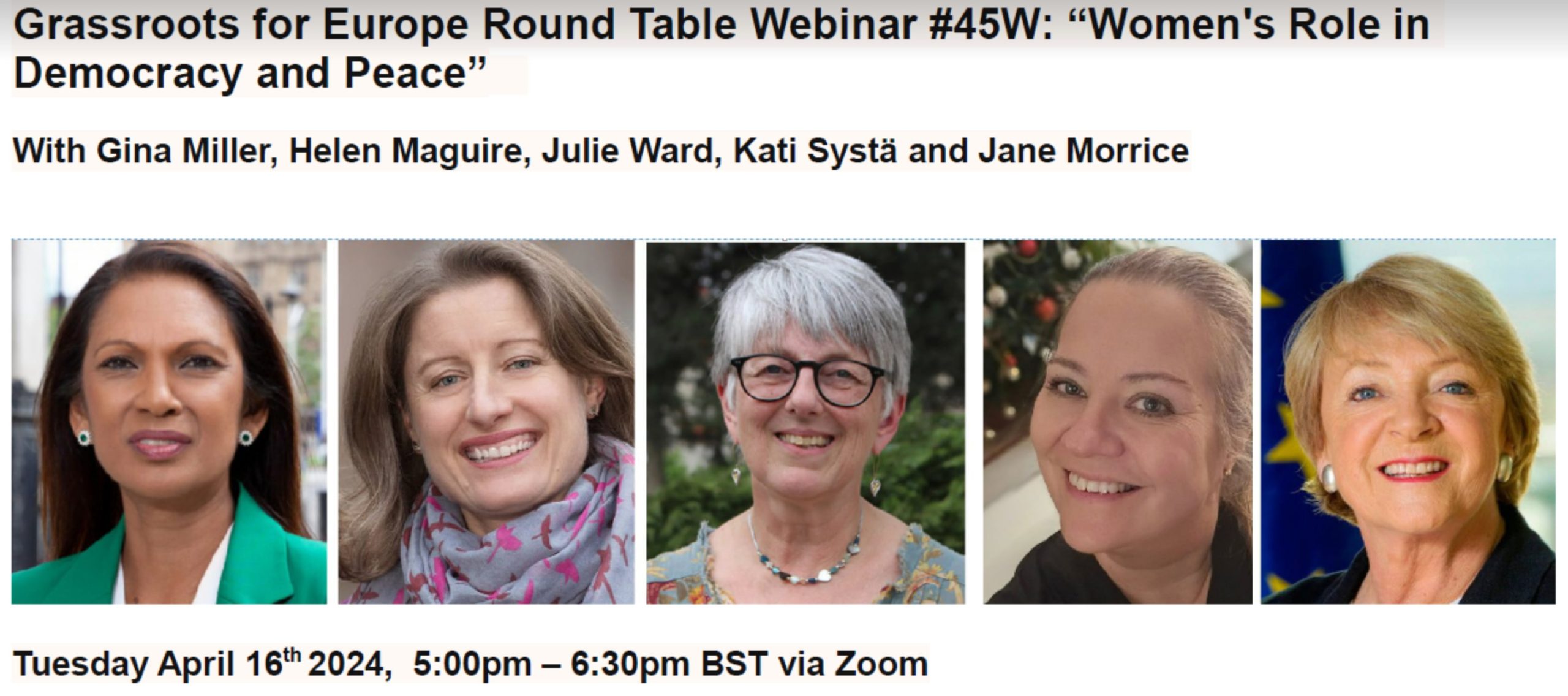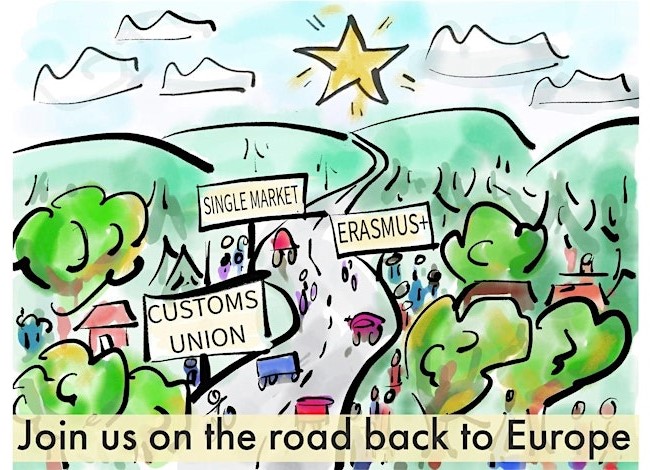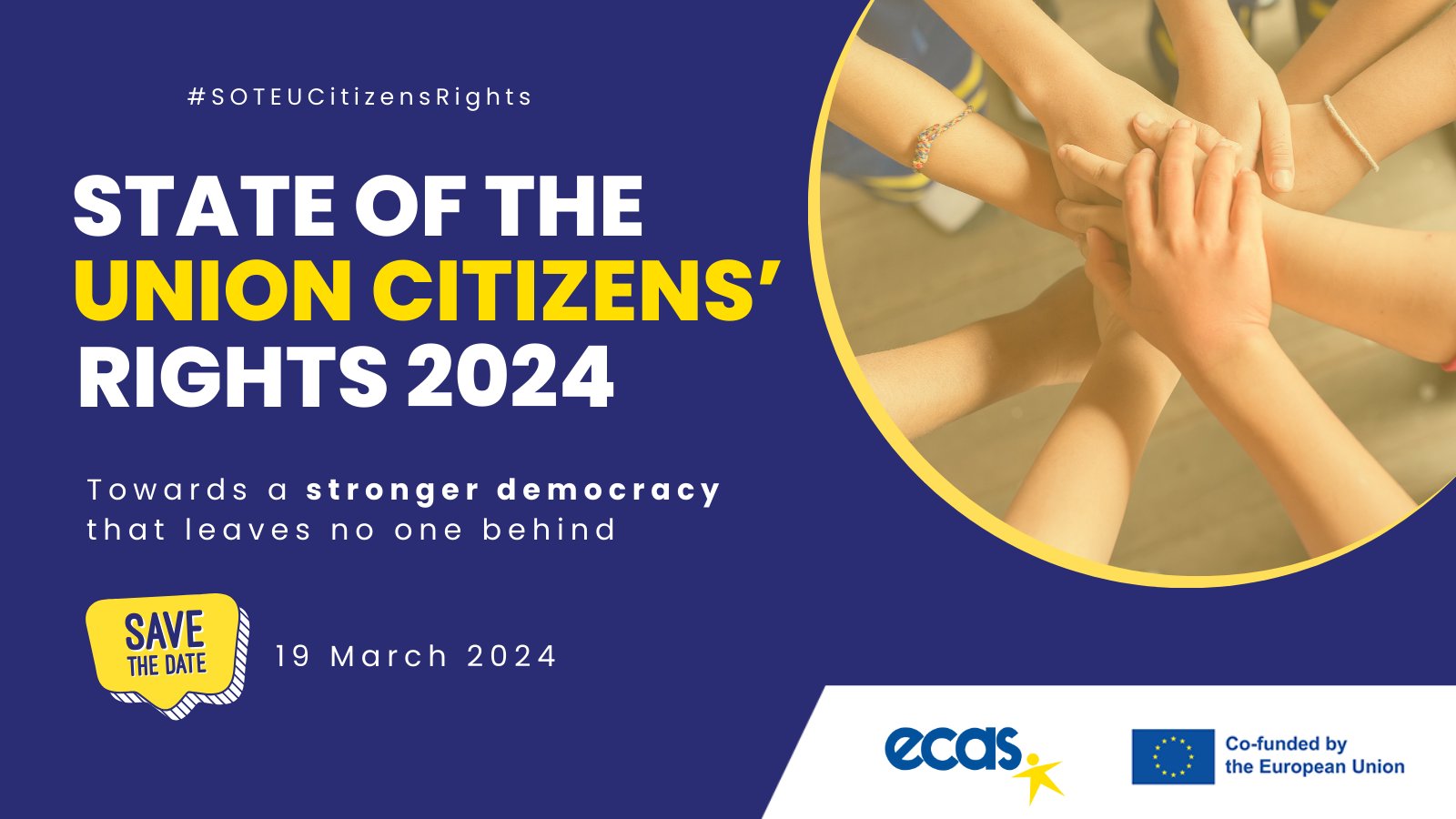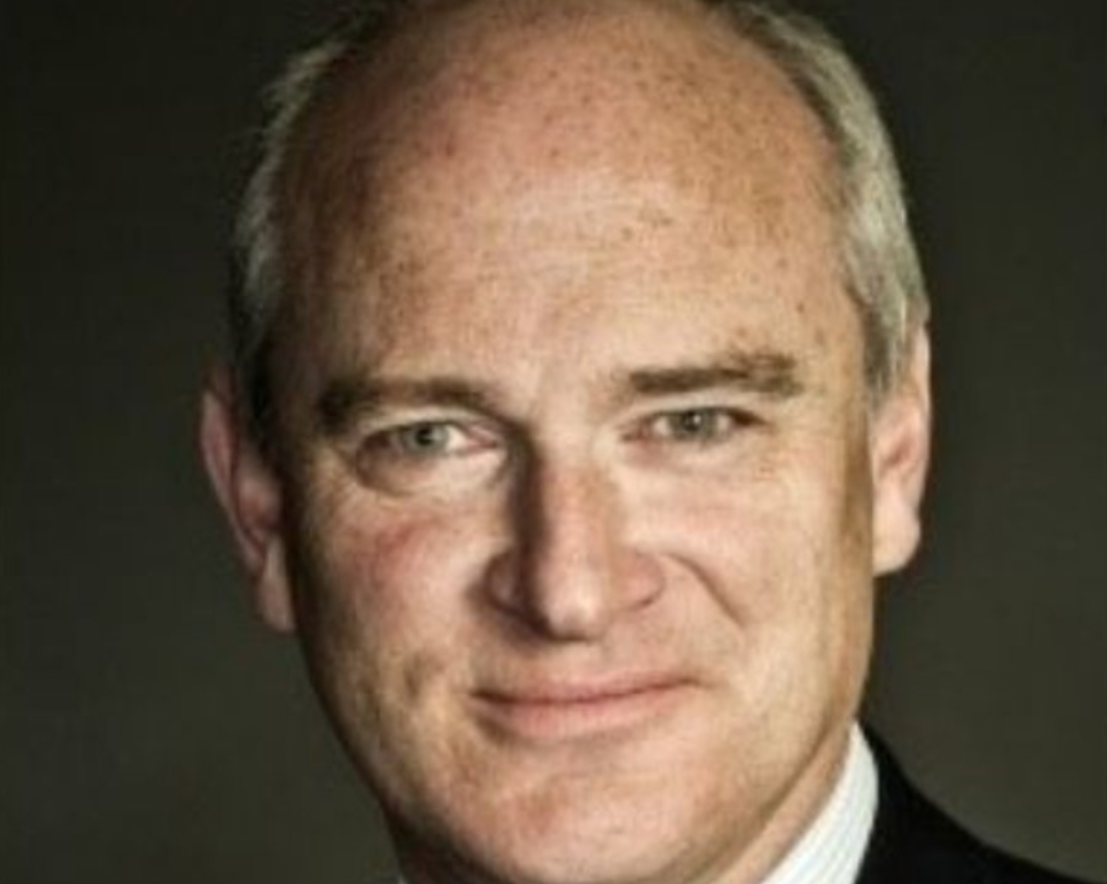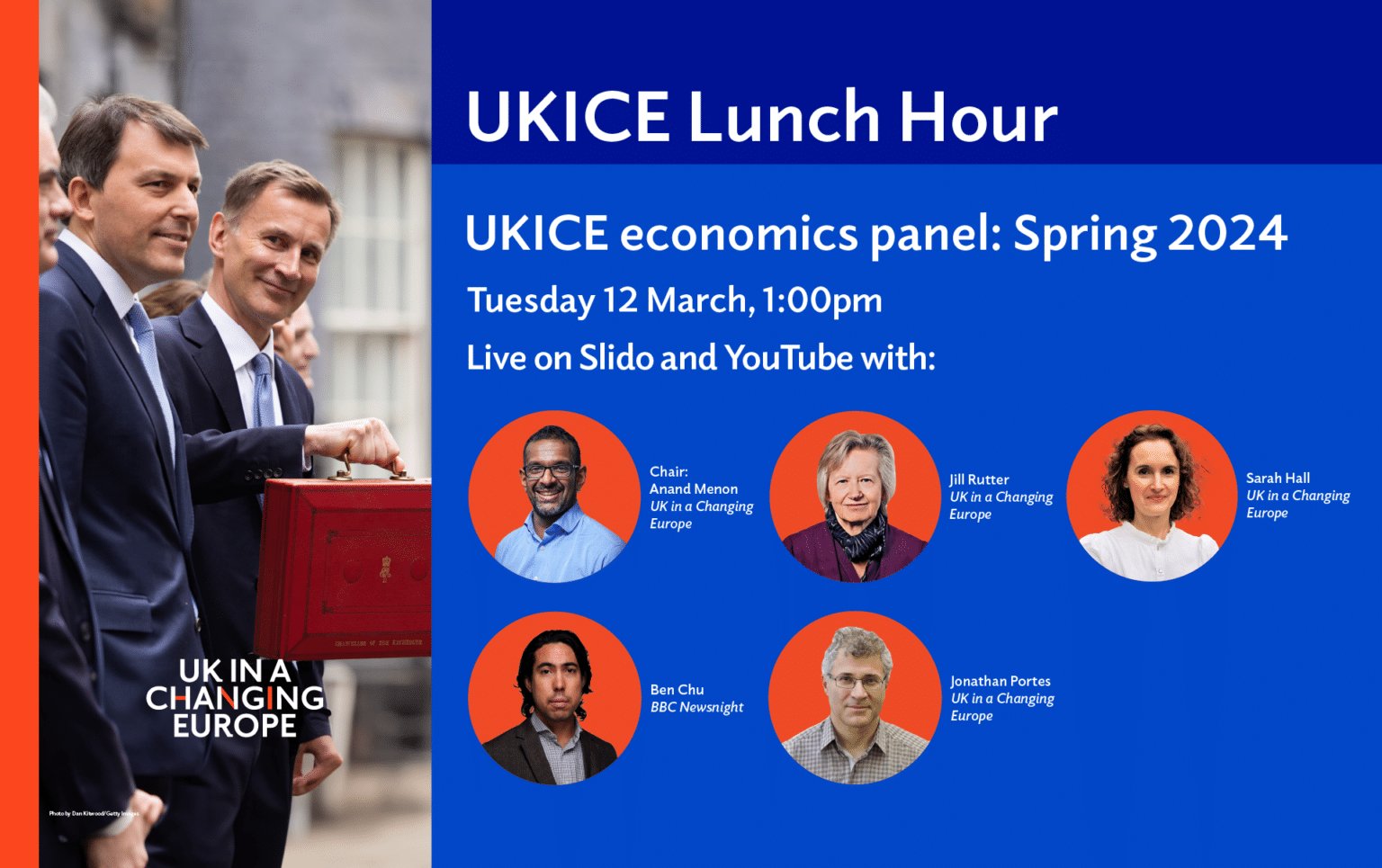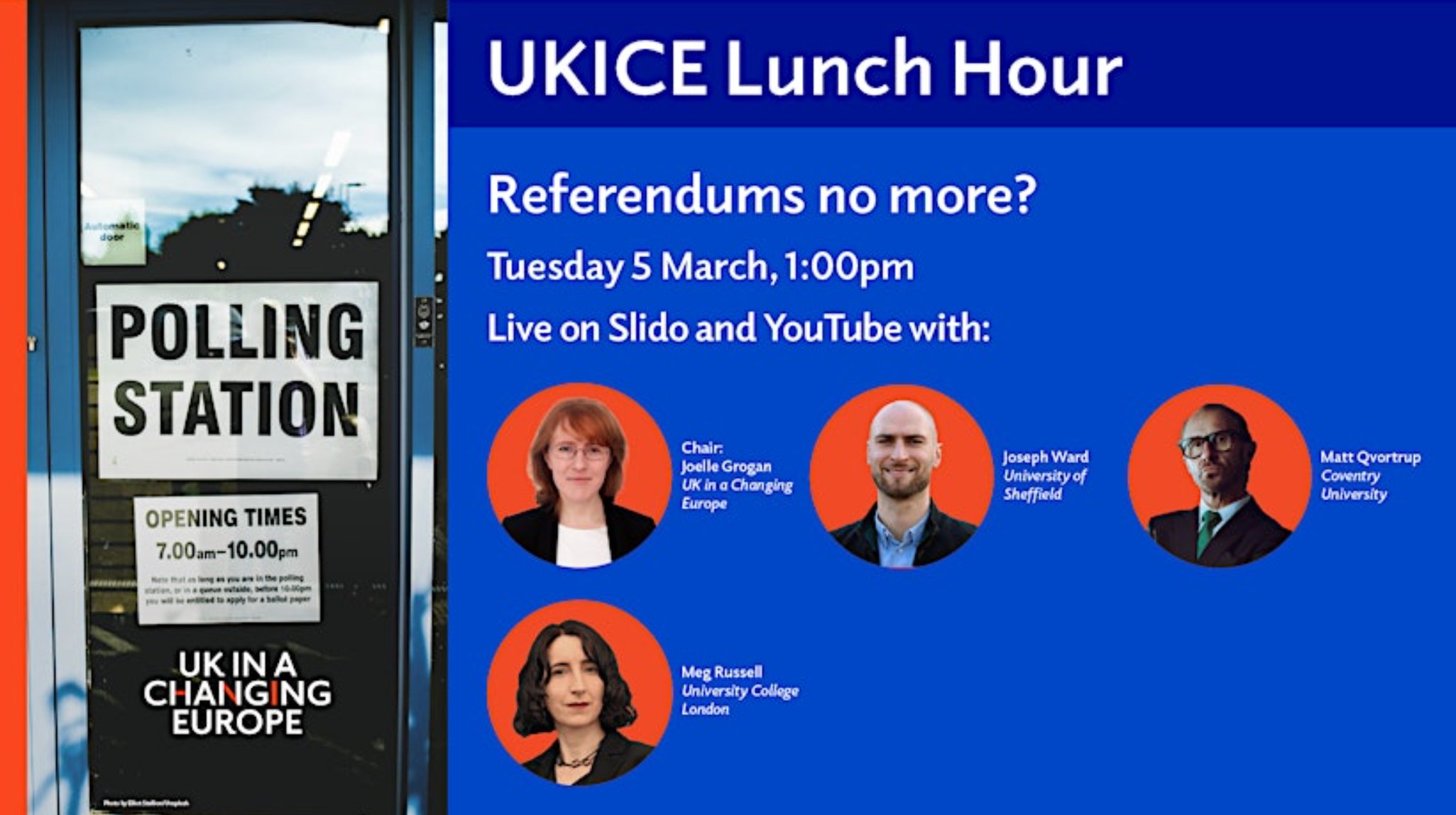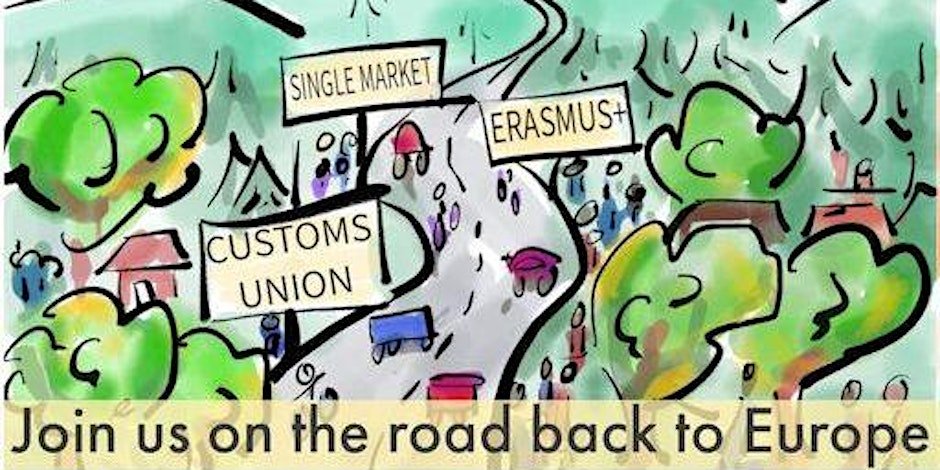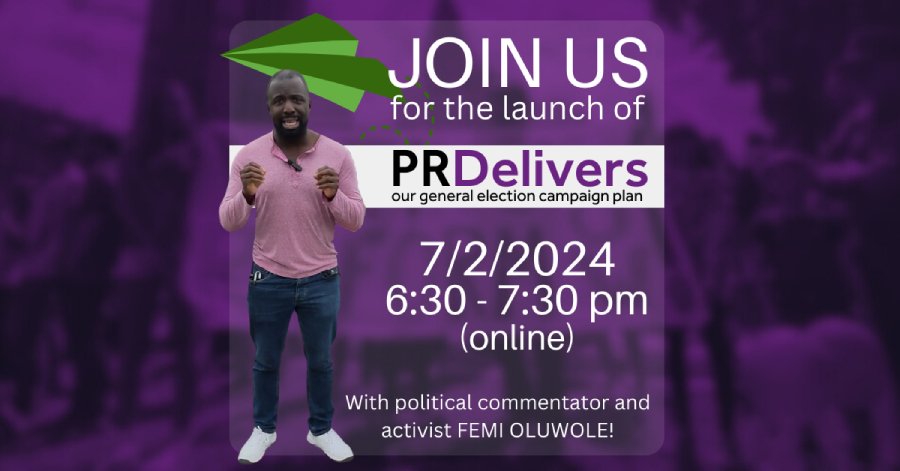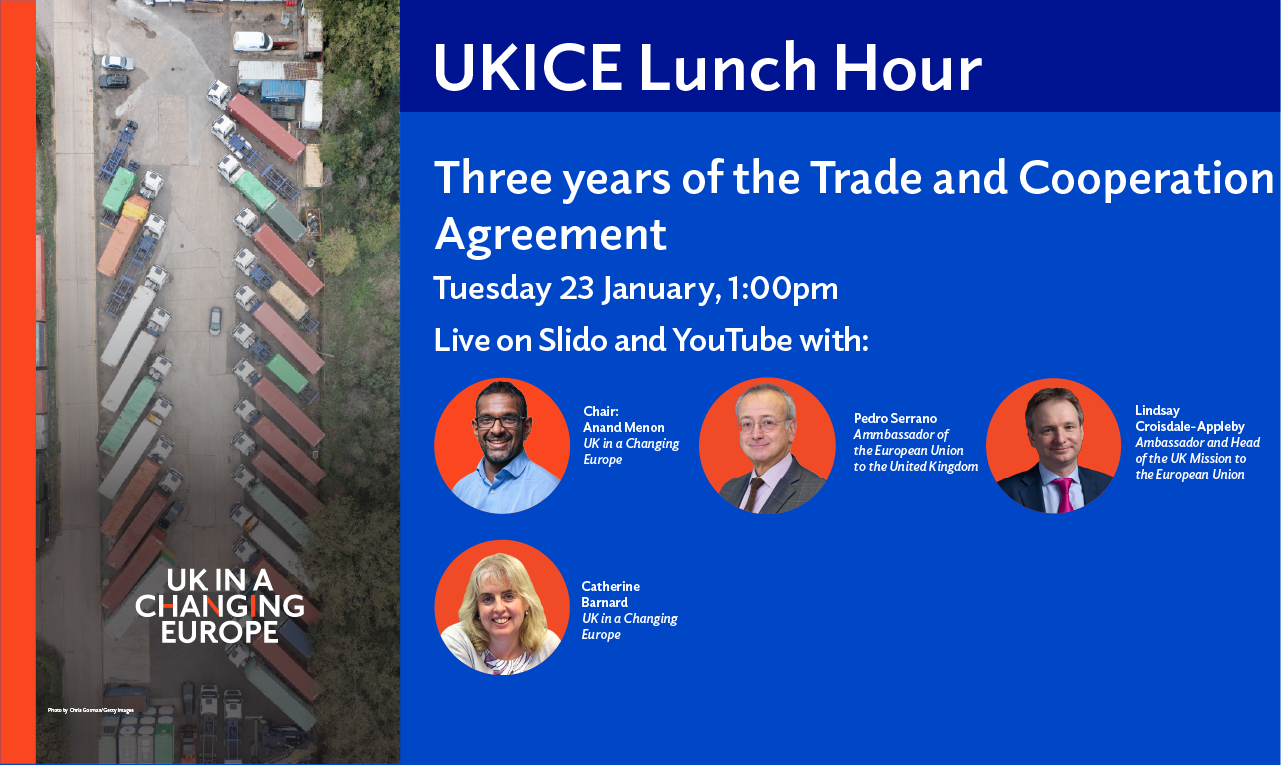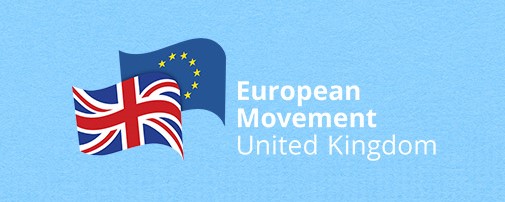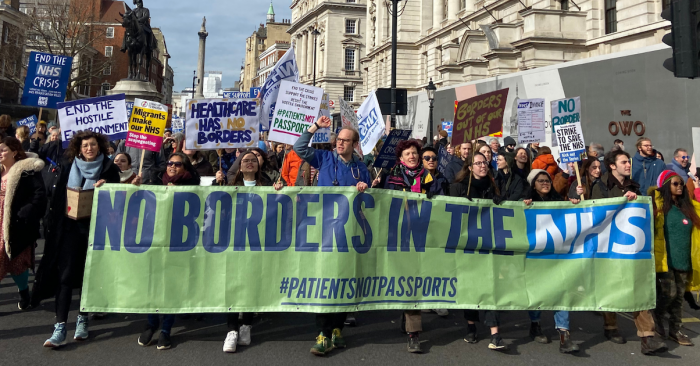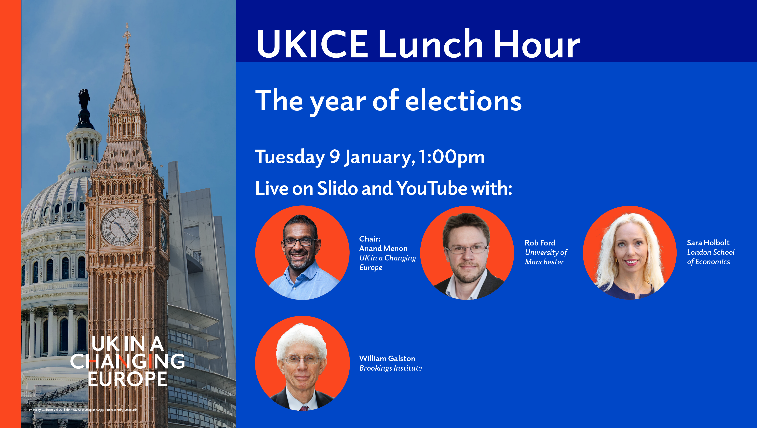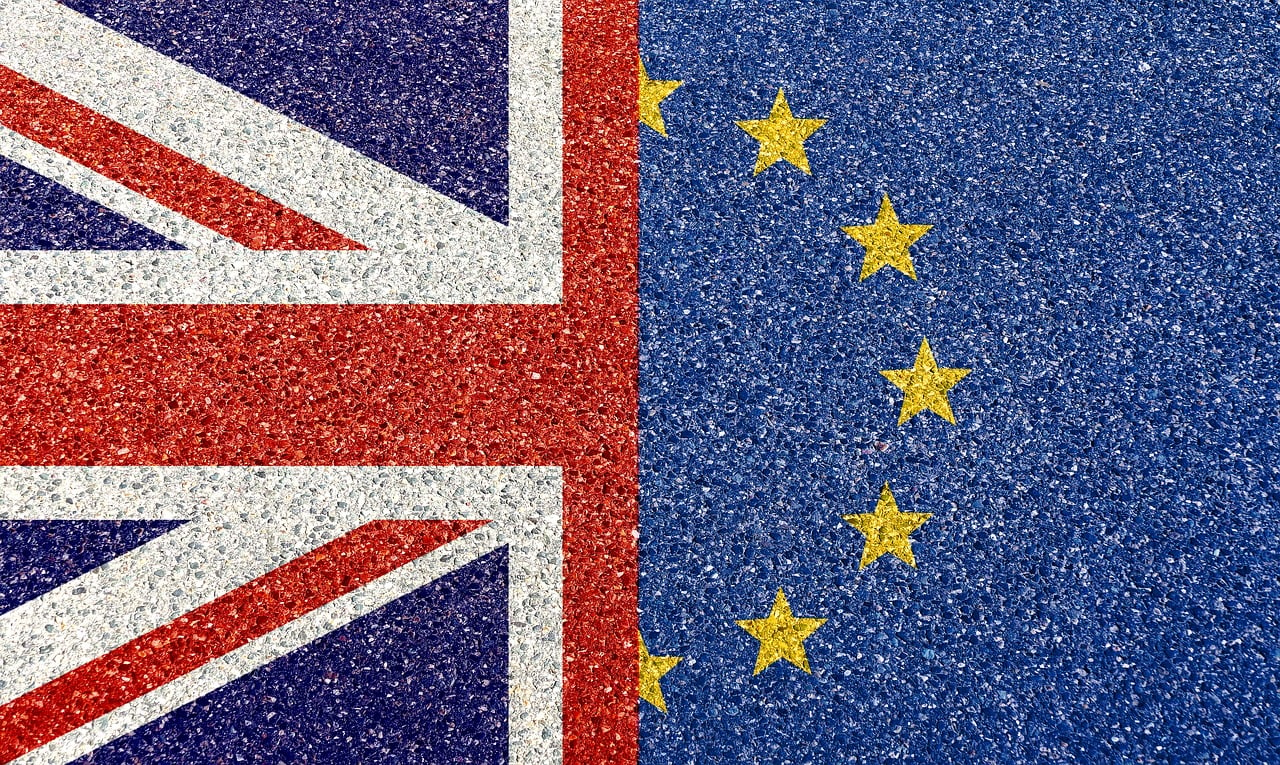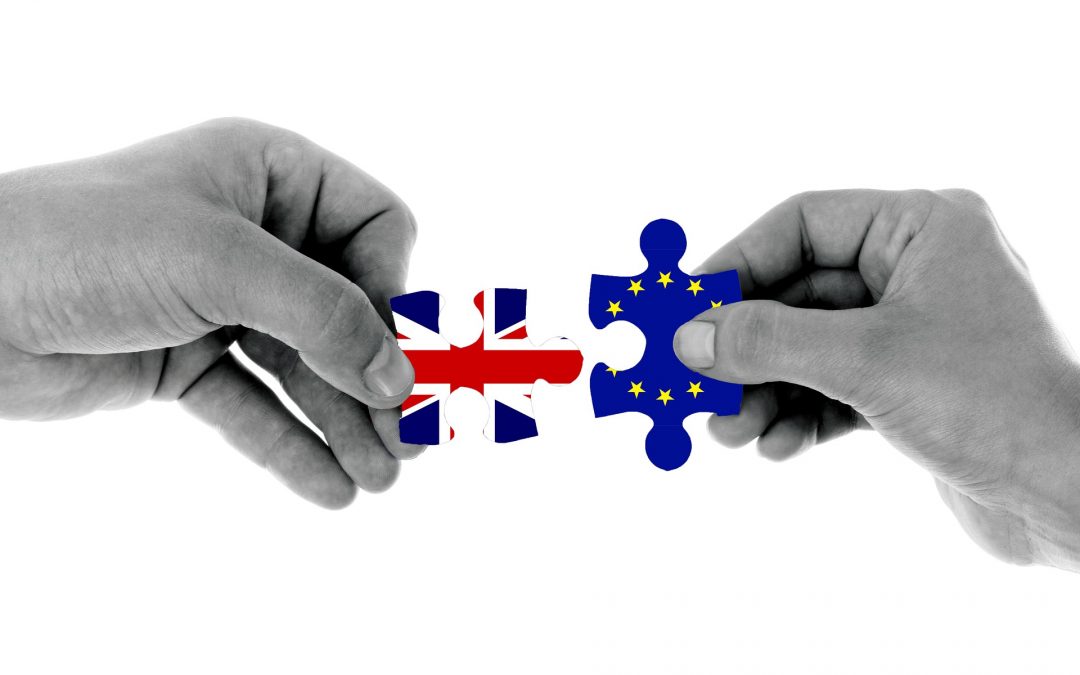
Lords committee to consider drawing Europe a little closer
Resetting relations with the EU is now firmly on the government’s agenda but the devil is in the detail, writes Bremain Chair Sue Wilson MBE for Yorkshire Bylines.
On Tuesday 10 December, the newly formed Lords European Affairs Committee held its first public meeting. Giving evidence to the committee were newly appointed EU negotiator Nick Thomas-Symonds and Europe Minister, Stephen Doughty. Whether the committee are now any the wiser about Labour’s post-Brexit ‘reset’ plans is debatable.
📢Tues 10 Dec 4.00pm: @NickTorfaen, Minister for EU Relations @cabinetofficeuk, & @SDoughtyMP, Europe Minister @FCDOGovUK, are appearing before us – their 1st select committee appearance on #EU policy of this Parliament #reset #scrutiny
⬇️ Watch live on X https://t.co/udEZyPgYoS— Lords European Affairs Committee (@LordsEUCom) December 5, 2024
Labour’s three pillars
Committee chair Lord Ricketts started the meeting by asking what, exactly, the government means by their oft quoted ‘reset’ of UK/EU relations. In response, Thomas-Symonds referred to Labour’s ‘three pillars’, as mentioned in their manifesto: security, safety and growth/trade.
Regarding the UK economy, the growth and trade commitments relate to government ambitions in just three areas: an agreement on sanitary and phytosanitary measures, mutual recognition of professional qualifications, and visas for touring artists. Along with government aspirations on security and safety, these are worthwhile goals. But how much impact would they have on the prime minister and chancellor’s growth plans, and just when can we expect to see progress?
This is a fair report. It was symbolic, and that does matter, given recent, ahem, history. And Reeves is right to say that next year is what matters in terms of substance. But many businesses have already been screwed. So urgency is needed.
news.sky.com/story/very-s…— Chris Grey (@chrisgrey.bsky.social) 10 December 2024 at 21:08
Meetings with Europe
In recent months, UK ministers have been travelling to Brussels to extend a hand of friendship to our European neighbours, including Prime Minister Keir Starmer and Chancellor Rachel Reeves. This week, the chancellor became the first UK finance minister to join her EU counterparts for a “very symbolic and important” meeting. At the meeting, Reeves acknowledged the harm that Brexit deal had wrought on UK/EU trade, but re-iterated Labour’s nonsensical ‘red lines’, ruling out freedom of movement and any return to the single market and customs union. Although the visit was good for optics, and hopefully for rebuilding trust, Reeves admitted that for substance, we would have to wait until next year.
In July, Thomas-Symonds had his first meeting with EU Commission Vice President Maroš Šefčovič. He told the committee he would now be meeting with Šefčovič at regular intervals – perhaps as often as twice a month in the new year. However, the most “important next step” would be in setting the date for a UK/EU summit in the first half of 2025. The summit will signal the start of official negotiations between the bloc and the UK
Looking forward
When asked by the committee what we can expect by the end of this parliamentary term, Thomas-Symonds said he wanted to “look forward, not back” with regards to UK/EU relations. He described the forthcoming summit, and ongoing negotiations as a “new phase”, though was vague regarding any specific plans.
The committee then asked specifically whether the ‘reset’ process would be completed before the next election. Thomas-Symonds replied that he certainly hoped so, and that “we will certainly be looking to deliver benefits from the ‘reset’ by that point”. The so-called anticipated benefits were not named. Let’s hope they prove less of a fantasy than earlier Brexit-related promises.
Starmer’s lead EU negotiator opens door to a major concession in Brexit reset talks https://t.co/34QNSfhKws
— dave lawrence 🐟🐟🐠 (@dave43law) December 10, 2024
A concession on youth mobility?
Following the committee session on Tuesday, The Independent suggested that Thomas-Symonds had opened the door to a “major concession” in the Brexit ‘reset’ talks. Discussions of the EU’s youth mobility proposal began with the committee asking why the UK government had rejected the EU’s proposal on many previous occasions. The UK’s EU negotiator simply responded that it was “not in our manifesto”.
The proposed scheme – which would allow under 30s to travel and work more easily between the UK and EU – has long been on the EU’s wish list, with detailed proposals expected in a matter of weeks. Thomas-Symonds said that the government’s response would depend on precisely what the EU means by “youth mobility”, adding that the government were “not making any assumptions about EU asks”. We have, he said, to wait and see what the EU will “put on the table”. The EU, no doubt, are similarly waiting – patiently or otherwise – to find out what it is that the UK wants.
We can only hope that this government, unlike the last one, has a better understanding of how the EU works, and what is and isn’t possible within EU rules. As for whether Thomas-Symonds has opened the door to a major concession, see for yourself and make up your own mind. Just don’t hold your breath.



